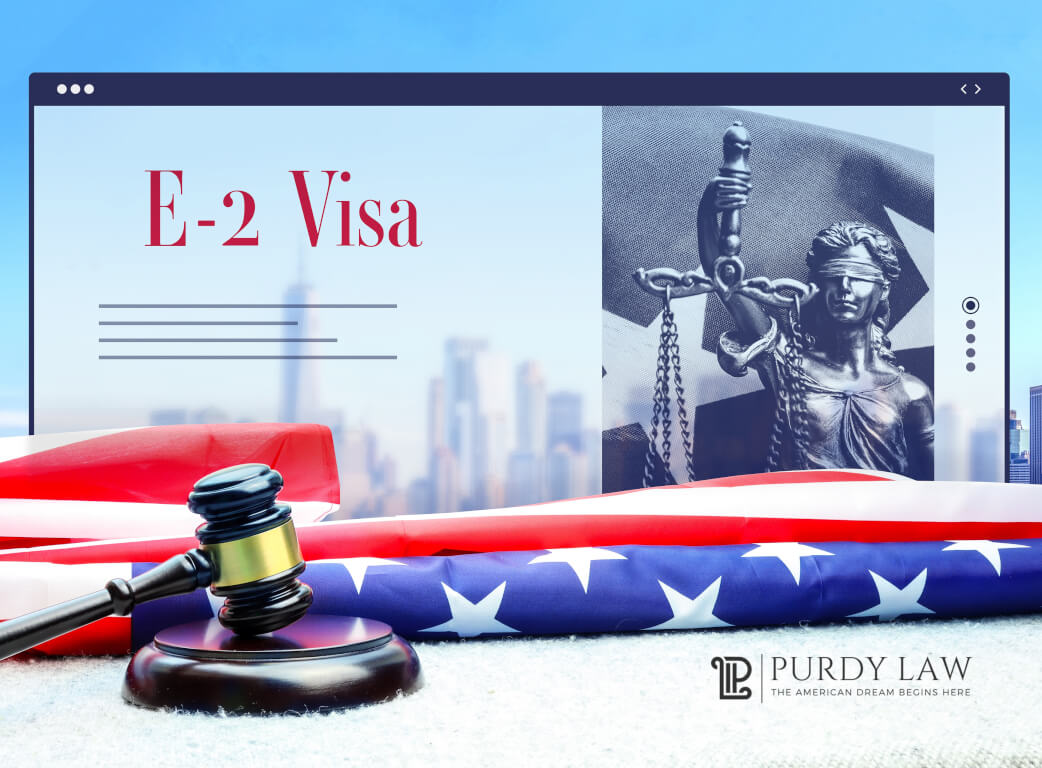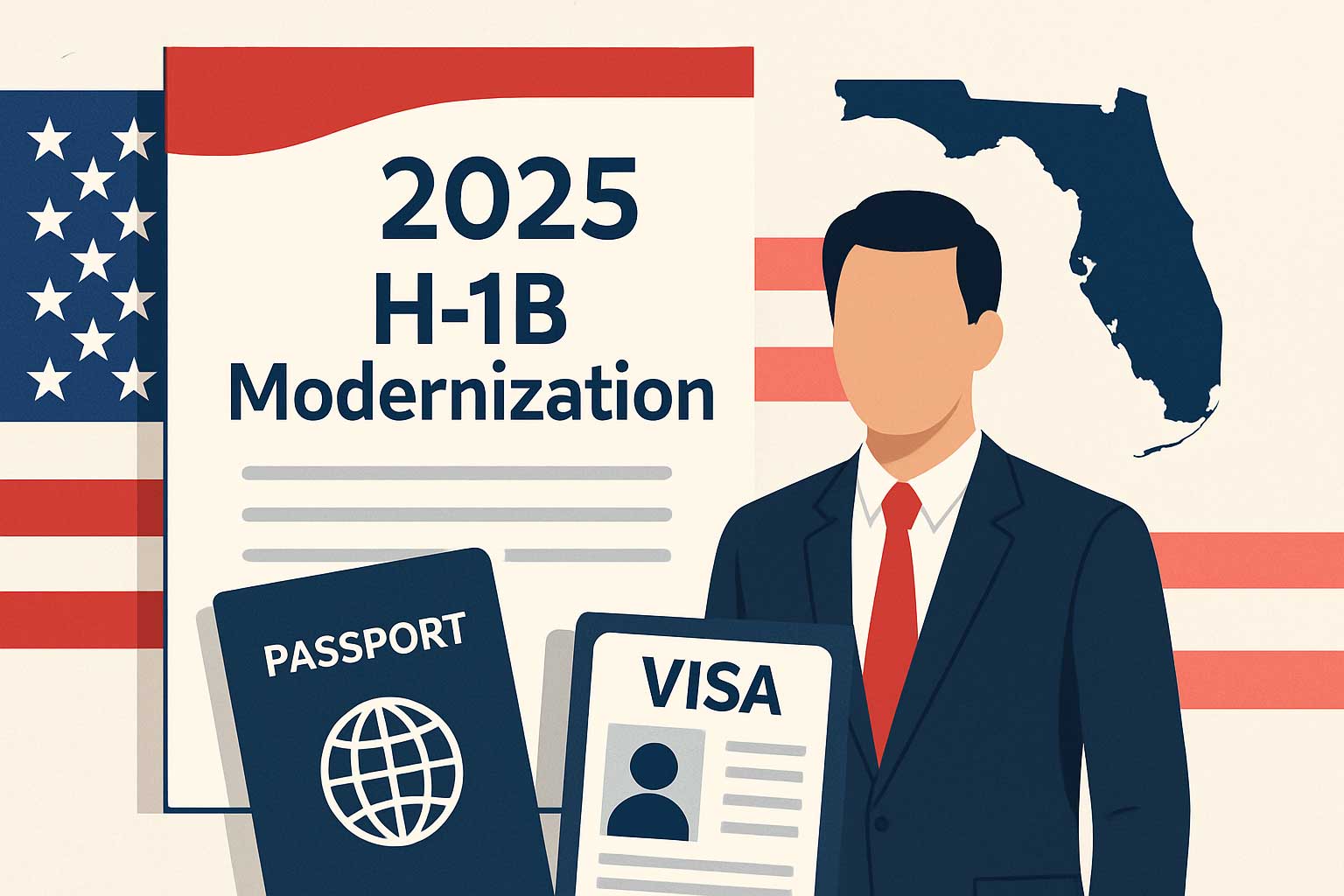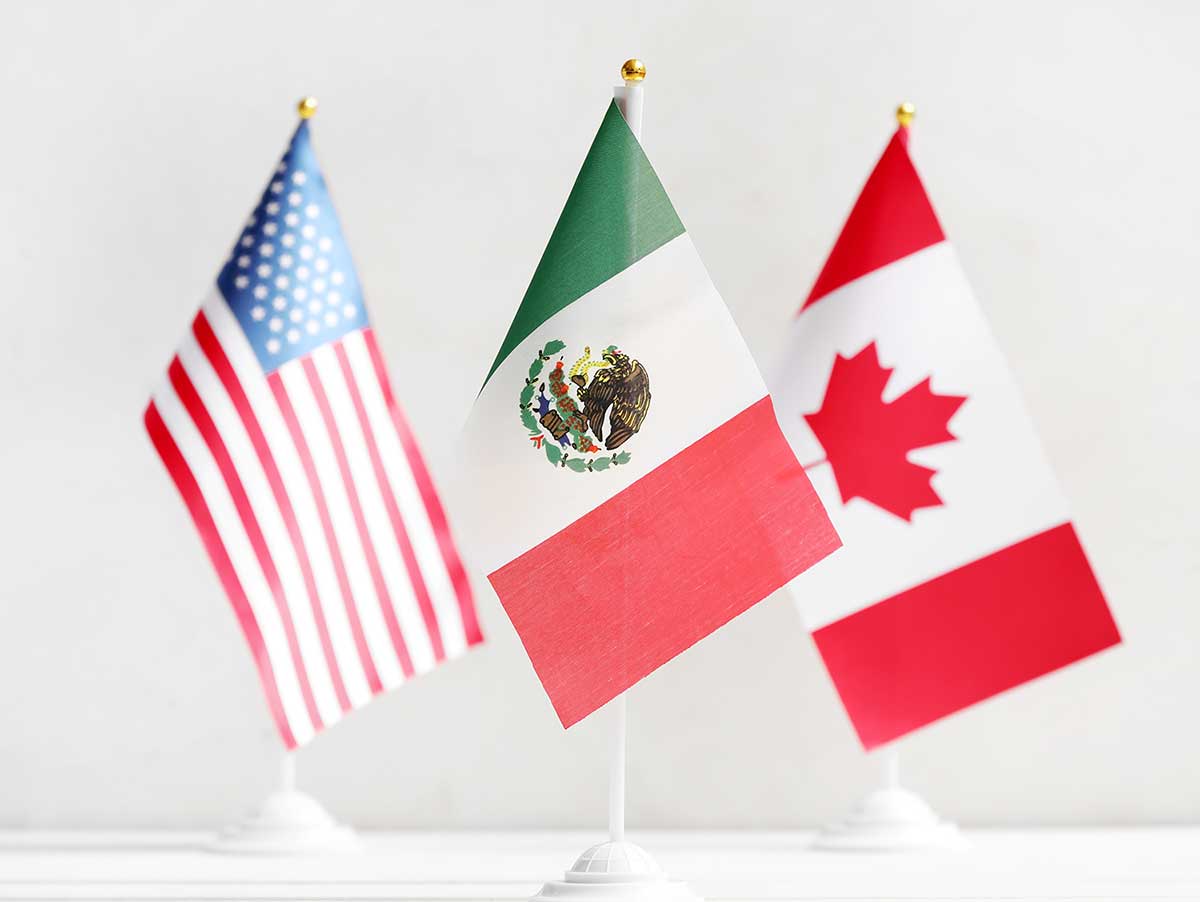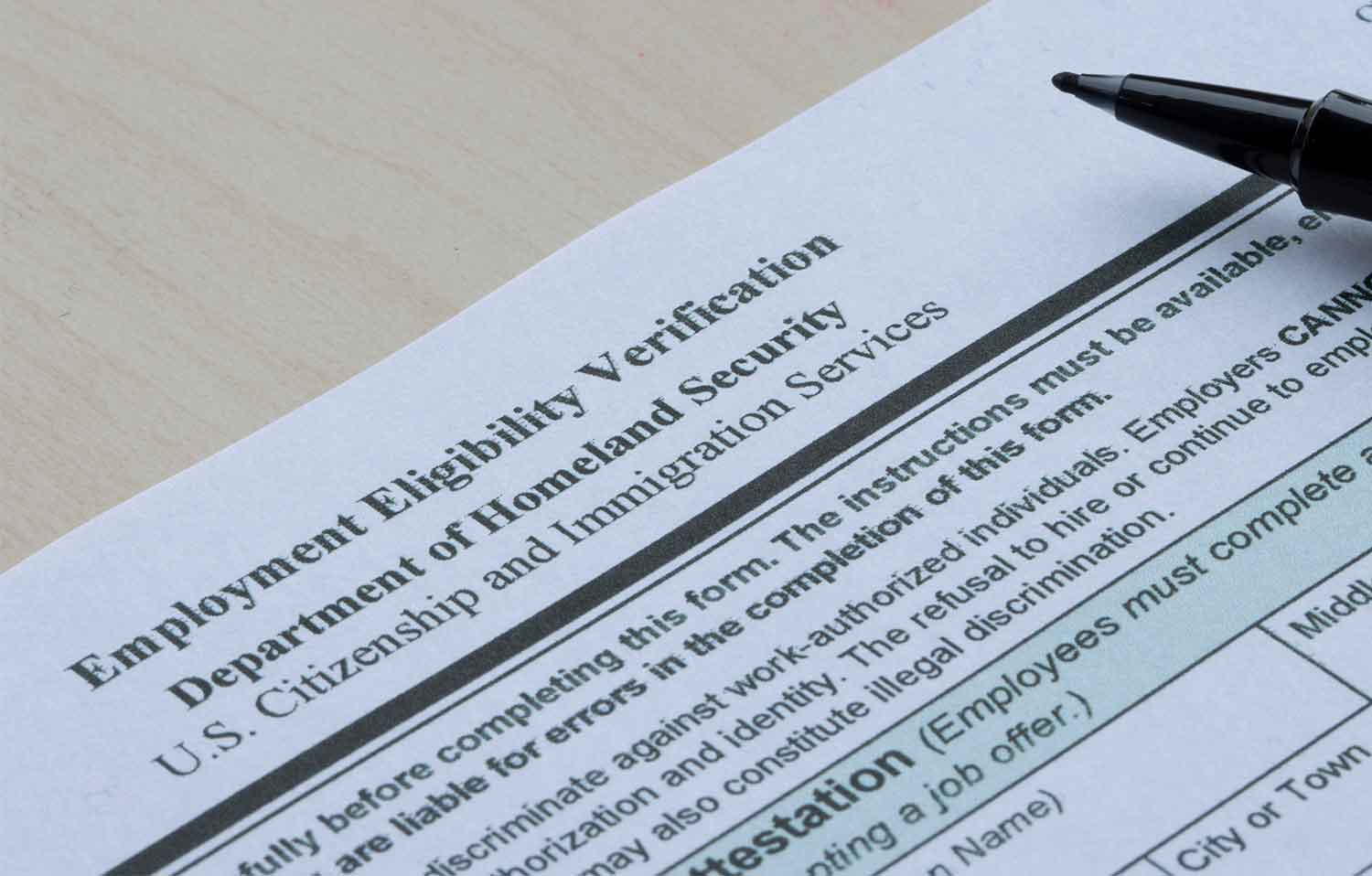The E2 visa is a popular pathway for foreign nationals seeking to invest and work in the United States. This non-immigrant visa category offers numerous benefits, but it’s essential to understand its eligibility requirements and potential liabilities. In this blog post, we will delve into the E2 visa, outlining its key aspects and providing insights into its eligibility criteria, benefits, and potential liabilities.
E2 Visa Eligibility Requirements:
- Treaty Country: The E2 visa is available to individuals from countries that have a treaty of commerce and navigation with the United States. Applicants must hold citizenship of one of these treaty countries.
- Substantial Investment: The E2 visa requires a substantial investment in a U.S.-based enterprise. While there is no minimum investment amount specified, the investment must be sufficient to ensure the success and viability of the enterprise. The investment must also be at risk, meaning the investor cannot simply park funds without actively participating in the business.
- Direct Involvement: The applicant must demonstrate that they will be actively involved in the development and operation of the enterprise. This involvement can range from managerial to executive responsibilities, ensuring that the investor’s skills and expertise contribute to the business’s growth.
Benefits of the E2 Visa:
- Flexibility: The E2 visa allows the investor and their immediate family members to live and work in the United States. Family members, including spouses and unmarried children under 21, are eligible for derivative visas, granting them the same benefits and opportunities as the primary visa holder.
- Unlimited Extensions: Unlike many other non-immigrant visas, the E2 visa can be renewed indefinitely, as long as the business remains operational and meets the visa requirements. This provides a level of stability and long-term planning for the investor and their family.
- Travel: E2 visa holders are free to travel in and out of the United States without restrictions. This flexibility allows for easy business operations and personal travel arrangements.
Potential Liabilities of the E2 Visa:
- Non-Immigrant Status: It is essential to remember that the E2 visa is a non-immigrant visa category, which means it does not directly lead to permanent residency (a green card). If the investor’s ultimate goal is to obtain permanent residency, they will need to explore other options, such as employment-based visas or investment-based green card categories.
- Business Performance: The success of the E2 visa is tied to the performance of the invested enterprise. If the business fails or faces significant financial difficulties, it may affect the investor’s ability to maintain their visa status. Therefore, careful consideration of investment and business planning is crucial to mitigate potential risks.
- Limited Treaty Countries: While the E2 visa offers significant opportunities, it is restricted to citizens of treaty countries. Not all countries have such treaties with the United States, limiting eligibility for individuals from certain regions. It is important to consult the official list of treaty countries maintained by the U.S. Department of State.
In Conclusion:
The E2 visa provides a unique opportunity for foreign investors to establish businesses and work in the United States. With its flexibility, indefinite renewability, and travel privileges, it is a popular choice among entrepreneurs. However, potential applicants should thoroughly understand the eligibility requirements, carefully assess the investment and business prospects, and consider the limitations and potential liabilities associated with the visa category. Consulting with immigration professionals and conducting thorough research is vital for a successful E2 visa application and ensuring a path toward achieving business and personal goals in the United States.
If you want help with your EB-2 Visa application schedule an online consultation with me today! Click Here.




